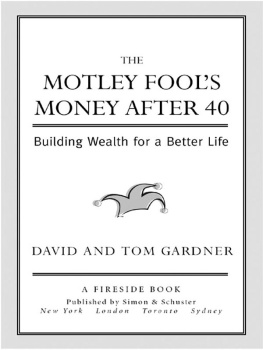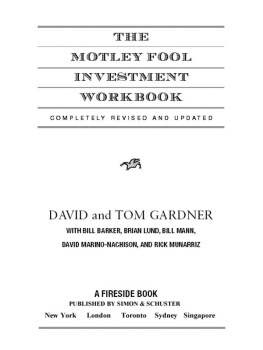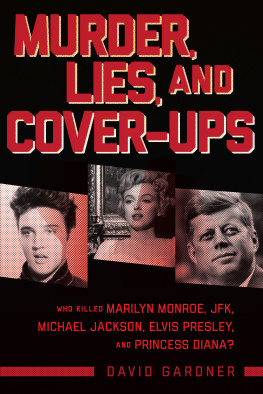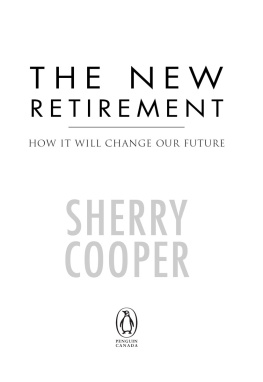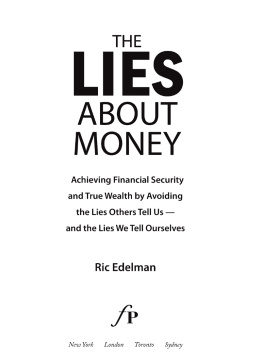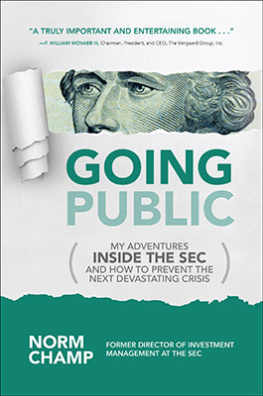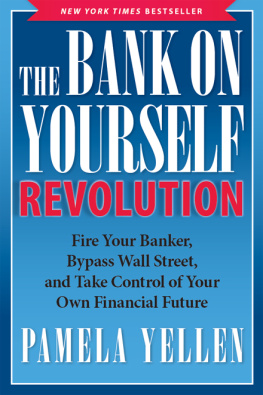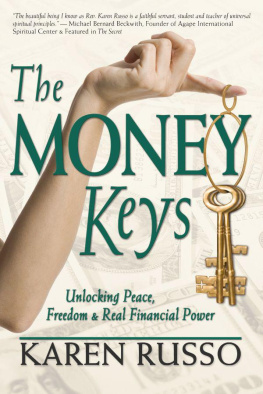Also by the Motley Fool
The Motley Fool Personal Finance Workbook:
A Foolproof Guide to Organizing Your Cash and Building Wealth
The Motley Fool Investment Guide for Teens:
8 Steps to Having More Money Than Your Parents Ever Dreamed Of
The Motley Fool What to Do With Your Money Now:
Ten Steps to Staying Up in a Down Market
The Motley Fool Investment Workbook
The Motley Fool Investment Guide:
How the Fool Beats Wall Streets Wise Men and How You Can Too
Investment Clubs: How to Start and Run One the Motley Fool Way
The Motley Fools Rule Breakers, Rule Makers:
The Foolish Guide to Picking Stocks
The Motley Fool You Have More Than You Think:
The Foolish Guide to Personal Finance
The Motley Fool Money Guide

FIRESIDE
Rockefeller Center
1230 Avenue of the Americas
New York, NY 10020
Copyright 2004 by The Motley Fool, Inc.
All rights reserved, including the right of reproduction in whole or in part in any form.
FIRESIDE and colophon are registered trademarks of Simon & Schuster, Inc.
The Motley Fool, Fool, and the Jester logo are registered trademarks of The Motley Fool, Inc.
Designed by Katy Riegel
Library of Congress Cataloging-in-Publication Data
Gardner, David, date.
The Motley Fools money after 40 : building wealth for a better life/David and Tom Gardner.
p. cm.
Includes index.
1. Finance, Personal. 2. Investments. I. Gardner, Tom, date. II. Title.
HG179.G3175 2004
332.024010844dc22 2003067352
ISBN-13: 978-0-7432-3875-5
ISBN-10: 0-7432-3875-3
The authors and publisher gratefully acknowledge permission from the following source:
Excerpt from The Truly Great by Stephen Spender, copyright by Stephen Spender, from Selected Poems by Stephen Spender. Used by permission of Random House, Inc.
Visit us on the World Wide Web:
http://www.SimonSays.com
To the 394 venturesome people who, with royal good taste and the foresight of Tiresias, first subscribed to our fledgling Motley Fool newsletter, pre-Fool.com, more than ten years ago. You know who you are (drop us an email to say hi!), and we thank you again for the jolt of electricity that you gave to Foolishness.
Contents
Foreword
What to Expect, in 250 Words
PLEASED TO MAKE your acquaintance. You have in your hands a colorful and concise companion for your money through the latter decades of your life.
Were David and Tom Gardner, authors of a wide range of books on money and investing, none of whichuntil thiswas specifically written for Americans forty and older. Before we begin our journey together to map your finances, we want you to expect three things.
First, expect plain English. Thats trademark Motley Foolish. We wont be flinging jargon at you. You shouldnt ever have to duck.
Second, expect utility. Our topics matter. Tied to them are such dollar amounts, such potential tension, andyeseven possibly such eventual happiness that if we do our job well, the price of this book will seem nothing by comparison. To paraphrase Shakespeares Henry V (Act IV, Scene III):
And gentlefolk in America, now a-bed,
Shall think themselves accursd they missed this book;
And hold retirement cheap whiles any speaks
That browsed with us these leaves upon Saint Crispins day.
(Or any other day, for that matter.)
Finally, expect fun. You cringe: Fun reading about medical insurance? Youre darn tootin! Our charge is to ring sugar around the medicine, as it were, en route to your completing tasks critical to your liberation from financial worry. And amusement fuels intellectual curiosity! It is therefore our solemn pledge to keep you learning, smiling, and profiting the whole way through.
Plain English, utility, fun. Proceed.
Introduction
May We Help You?
Everybody needs money! Thats why they call it money!
DAVID MAMET
IT WAS THE summer of 1994. The stock market was falling, talk of recession was in the air. The Internet was rising out of its niche into the mass market. And we decided to put everything professional on hold in order to transform our modest newsletter, The Motley Fool into a business. We had no anticipation of success. No plan to work together full time for the next ten years (had we known, things would be different). It was a sweltering summer in the nations capital. We swept out the shed on the back of Davids property, sat two computers side to side on rickety card tables, balanced Fool caps on our monitors, drank ginger ales, and set ourselves to the task of fielding financial questions online.
Should I buy stock in Intel?
What can I do to keep from getting rooked by a car dealer?
How can I teach my children about money?
Whats the difference between fixed-rate and adjustable-rate mortgages?
Is my broker taking advantage of me?
What should I do if I have $9,000 of credit-card debt?
Is it a good idea to buy the annuity my advisor is selling?
Should I part with my shares of Xerox?
When is it best to take my Social Security distributions, at sixty-two or sixty-five?
The last decade has thrown a flood of financial inquiries our way. There were times when the flood was so ceaseless that our email boxes couldve been declared Superfund sites. All the while our harmless little acorn venture, watered by your curiosity, was blossoming into an oak tree.
Two years later, we signed our first book deal with Simon & Schuster, the firm thats published our more than half-dozen books. Right about when the media started asking if the Brothers Fool could possibly be serious, we signed on to syndicate a column of financial education into the business sections of the nations newspapers.
Public demand for education about finance was on the up-swing.
And why not?
Seventy-five million baby boomers were heading into the second half of their lives.
We then cobbled together our profits and built our own studio at Fool Global Headquarters in Alexandria, Virginia, where each week we broadcast The Motley Fool radio show for NPR. A study by market analyst Fallon Research concluded that one out of every four Internet users has visited The Motley Fool at Fool.com and that millions of people encounter The Fool each month.
Why the heck do you care about any of that?
Well, because you might be surprised to hear who it is weve been serving all these years.
Has it been college students or newcomers to the workforceanyone or anything approaching a potential date for thirty-six-year-old bachelor Tom Gardner? No. Even though we staunchly believe the best time to begin retirement planning is when youre twenty-one (its a lifelong plan and pursuit), and even though we hope youll share portions of this book with your kids, alas, our audience isnt markedly green. The occasional nineteen-year-old does come to one of our book signings, and we always draw everyones attention to these forward-thinking young people and point out that by starting early, theyin the words of the subtitle of our Motley Fool Investment Guide for Teens will likely obtain more money than their parents ever dreamed of. But these devotees are few and far between.
So who are you all?
More than 80 percent of our audience is over the age of forty-five. Half men, half women. And only the smallest minority of you received a formal financial education. At book signings, conferences, and events, weve addressed primarily people like you, people treading either side of the half-century mark with questions about how to have enough cash to:

